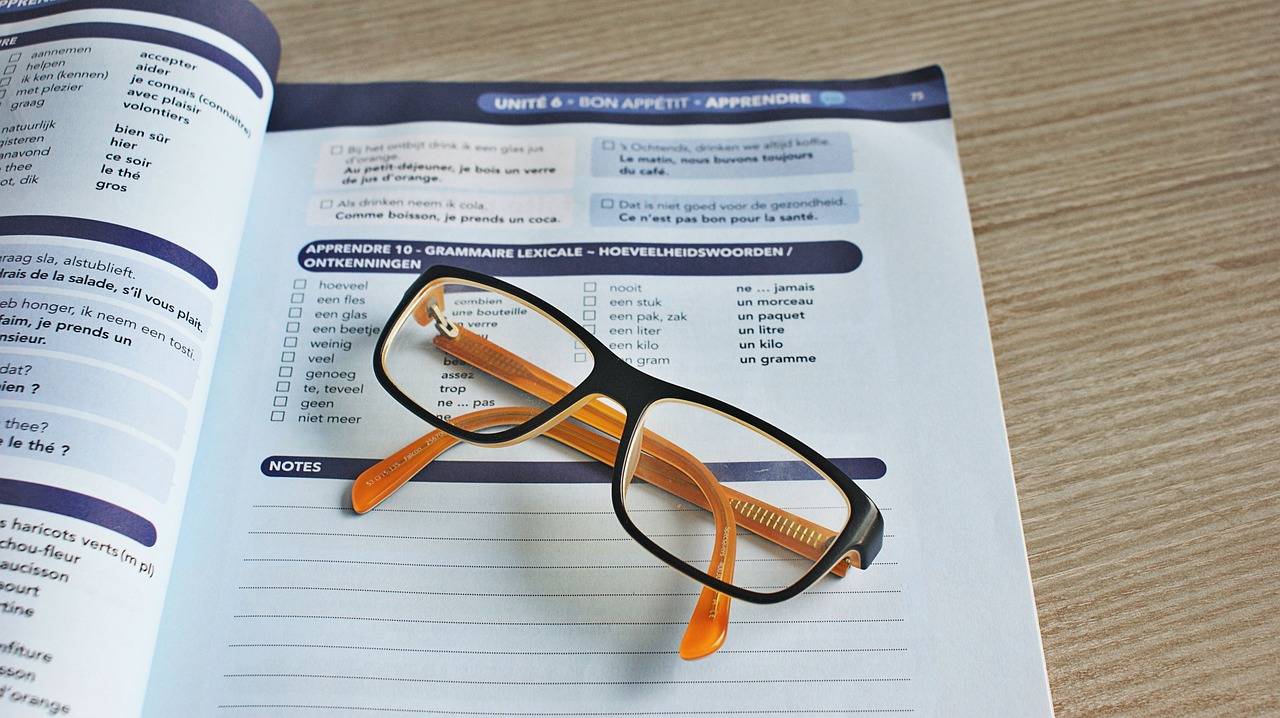Developing Critical Thinking in Students
Engaging in critical thinking is a crucial skill that students must cultivate. This cognitive ability allows individuals to analyze, evaluate, and interpret information effectively. By honing their critical thinking skills, students can enhance their problem-solving capabilities and make well-informed decisions in various aspects of their academic and personal lives.
Moreover, fostering critical thinking among students encourages them to think independently and question assumptions. This empowers them to develop a deeper understanding of complex issues and view situations from multiple perspectives. In a rapidly changing world where information is abundant and opinions are diverse, the ability to think critically enables students to navigate through uncertainty and carefully assess the validity of different sources of information.
Characteristics of Critical Thinkers
Critical thinkers are known for their ability to analyze information objectively. They have a natural inclination to question assumptions and seek evidence to support conclusions. This characteristic allows them to sift through data and identify potential biases, ensuring they form well-rounded perspectives.
Moreover, critical thinkers possess strong problem-solving skills. They approach challenges with a methodical mindset, breaking down complex issues into manageable parts. This enables them to develop effective strategies and make informed decisions based on sound reasoning and logic.
Why is critical thinking important for students?
Critical thinking is important for students because it helps them to analyze information, make informed decisions, solve problems effectively, and think creatively.
What are some characteristics of critical thinkers?
Some characteristics of critical thinkers include being open-minded, curious, skeptical, logical, and able to communicate clearly and effectively.
How can students develop their critical thinking skills?
Students can develop their critical thinking skills by practicing active listening, asking questions, evaluating evidence, considering different perspectives, and challenging their own assumptions.
How does critical thinking benefit students in their academic and professional lives?
Critical thinking benefits students in their academic and professional lives by helping them to become better problem solvers, decision makers, and communicators. It also allows them to think more creatively and adapt to new situations.
Can critical thinking skills be taught and improved?
Yes, critical thinking skills can be taught and improved through practice, feedback, and exposure to a variety of perspectives and ideas. Engaging in discussions, debates, and analysis of complex issues can also help to enhance critical thinking skills.





